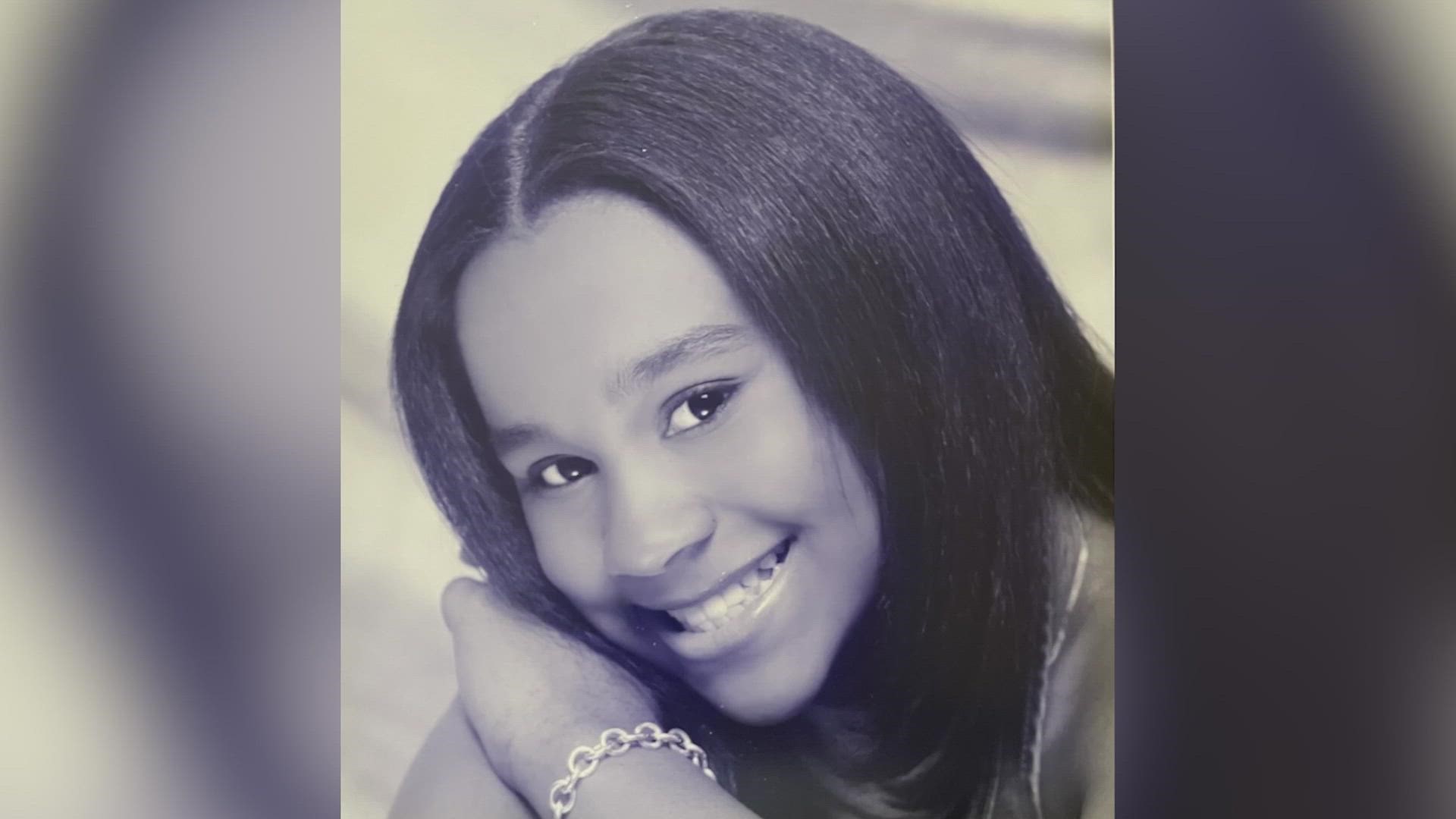ATLANTA — Editor's note: This story discusses death by suicide involving children. If you or someone you know is struggling with thoughts of suicide, help is available. Call the National Suicide Prevention Line at 988.
An Atlanta mental health activist started her own resource for struggling Black youth when she could not get the resources she needed for her own mental health battles.
Paige Gaines is the founder of 911 Sane Jane - a resource for Black youth in crisis. She is one of many young women who have fought the uphill battle of a mental health crisis.
The Centers for Disease Control and Prevention released data that suggests young women are attempting suicide at higher rates than boys in the same age range.
A month’s worth of data from 2021 showed emergency room visits for suspected suicide attempts among girls 12 to 17 years old more than doubled from the year before.
Researchers noted another data point: suicide attempts among Black Americans were higher than any other demographics for the first time in history.
“Suicide is now the third-leading cause of death among African-Americans aged 10 to 24,” said Jill Mays of the Georgia Department of Health and Developmental Disability.
It starts with noticing the warning signs that many parents could miss.
Warning signs to watch for
“I would say the biggest symptom would be isolation,” said Gaines.
Isolation and changes in behavior continue to be the main warning signs for young adults.
“Some warning (signs) are changes in their behavior,” added Mays. “If you’ve got a kid who’s, you know, into a lot of activities, spend lots of time with friends, and then you begin seeing them starting to isolate, stay in their room more - that’s a sign to just check that out.”
Gaines understands these signs more than most.
She was 12 years old the first time she attempted to die by suicide. It’s why she started 911 Sane Jane.
“Coming from that space and being a Black woman, my parents and myself, we were just looking like, well, who do we even turn to, to have this conversation? How do we get help?” she asked.
Gaines wants parents to know that youth don’t always have the language to express distress. She said as a child in crisis, she would show signs of anxiety and depression differently.
“I simply would say, ‘hey, I don’t feel good’. ‘My stomach is hurting,' ‘I have a headache right now,’ ‘I really do not want to go to school,’ ‘my chest hurts,’" she explained.
Studies show that while Black Americans are most at risk of suicide right now, that demographic is the least likely to receive mental health care.
“I grew up in a home where, you know, it was ‘what happens in our families stays in our family.’ We don’t tell other people about problems that we have. And historically, I think that has been a great barrier for African Americans in seeking help,” said Mays.
What parents can do to help
Mays urges parents to be direct if they sense something may be wrong.
“There’s a myth that if you talk to people about killing themselves, that somehow that will lead to them killing themselves. And that is absolutely a myth," she said.
Gaines offered some insight into why young girls are making attempts at such high rates.
“I don’t believe we’re being seen and I don’t believe that we’re being heard, especially within the school system. And I don’t think we’re fully aware of the triggers that are happening within school or outside of school on social media,” she said. “Then we have other risk factors, such as unstable homes, possibly. So as far as black women and black girls, it’s definitely different.”
She said while some issues may start in school; the solutions are not making it home.
“A lot of schools are implementing the education and the conversation within their school system. But the disconnect comes when we’re not bringing it home. So the parents aren’t aware," she said. "The parents aren’t receiving the education.”
A new suicide prevention hotline was launched over the summer and the Georgia DBHDD reports it’s working. The department’s new site offers several resources, and a spokesperson said 10% of calls to the crisis line came from kids younger than 18 years old in its first month.
If you or your child is experiencing emotional distress, call the Georgia Crisis and Access Line: (GCAL) at 1-800-715-4225
You can find additional resources for Black youth here.

